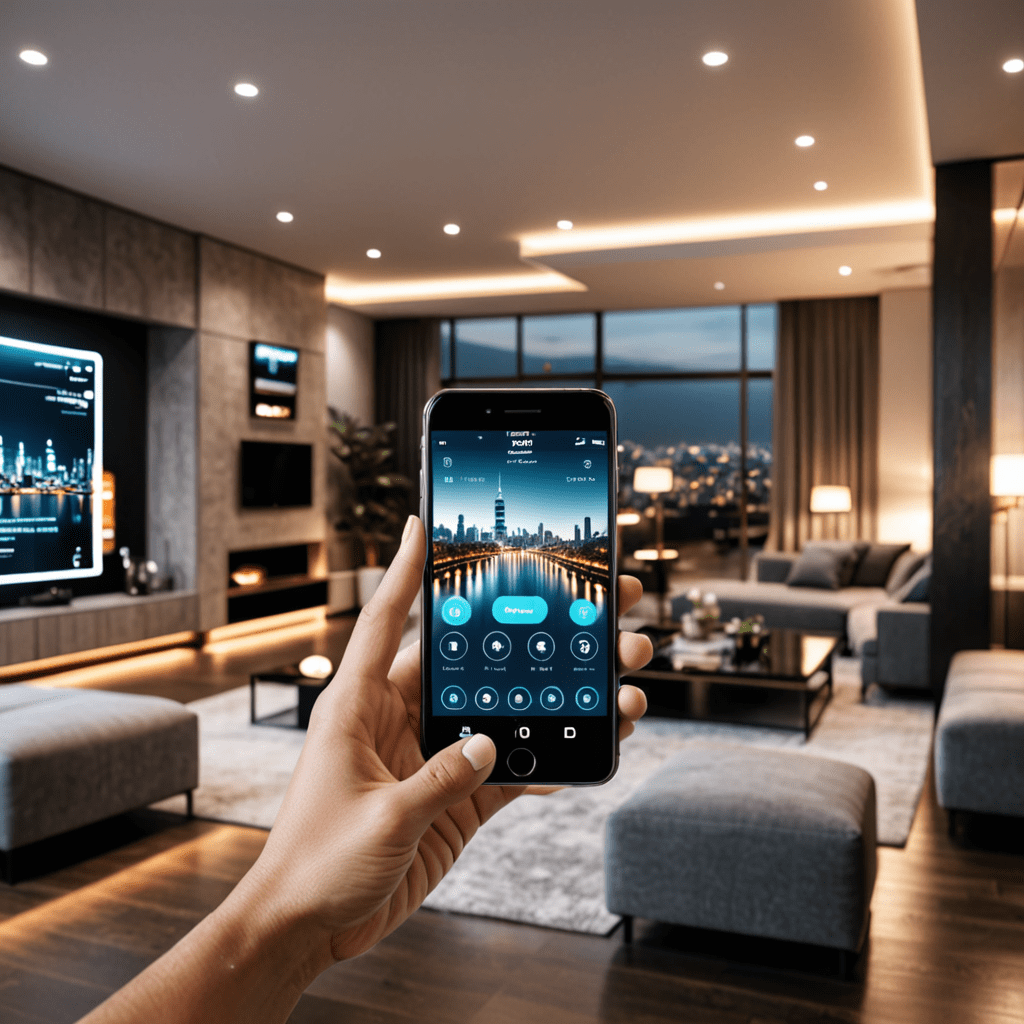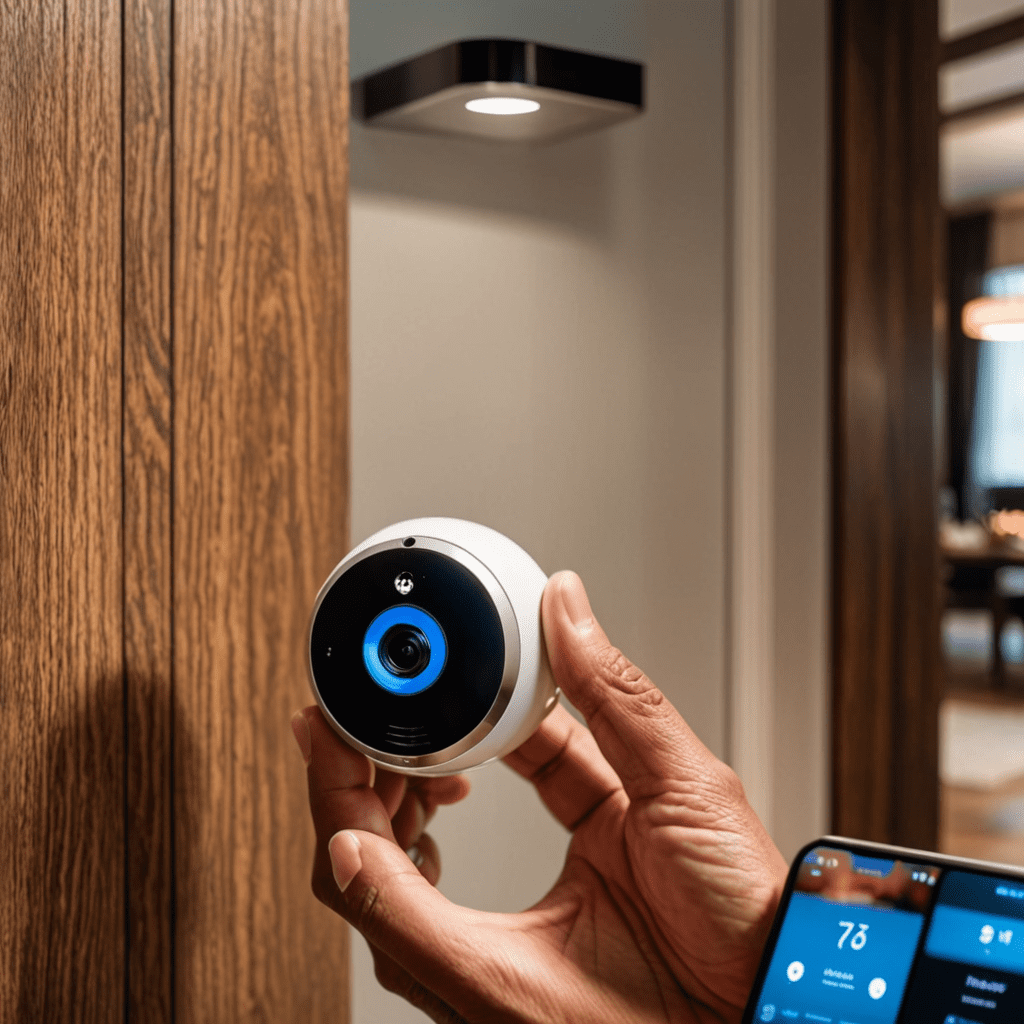
The Future is Here: Smart Home Integration with Smart Cities
In today’s rapidly advancing technological landscape, the integration of smart home technology with smart cities is revolutionizing how we live, work, and interact with our urban environments. This innovative fusion holds the promise of enhancing efficiency, sustainability, and overall quality of life for residents.
What is Smart Home Integration?
Smart home integration refers to the seamless connection and communication between smart devices within a household. These devices are designed to automate and optimize various functions, such as lighting, heating, security, and entertainment, to enhance convenience and energy efficiency.
Understanding Smart Cities
Smart cities leverage data and technology to improve urban services and address challenges related to transportation, utilities, public safety, and environmental sustainability. By integrating smart technologies, cities can enhance infrastructure, optimize resource allocation, and improve overall citizen well-being.
The Synergy Between Smart Homes and Smart Cities
By integrating smart home technology with the framework of smart cities, residents can contribute to the larger ecosystem of urban efficiency and sustainability. For example, smart appliances in homes can adjust energy consumption based on city-wide usage patterns, leading to reduced overall energy demand and greenhouse gas emissions.
Benefits of Integration
One key benefit of smart home integration with smart cities is the potential for resource optimization. Through interconnected systems, energy, water, and waste management can be streamlined and monitored in real-time, leading to cost savings and environmental benefits.
Challenges and Considerations
While the integration of smart homes with smart cities offers numerous advantages, challenges such as data privacy, cybersecurity, and interoperability between different devices need to be addressed to ensure a smooth and secure transition to this interconnected ecosystem.
The Future of Urban Living
As technology continues to evolve, the synergy between smart homes and smart cities will play a pivotal role in shaping the future of urban living. By embracing innovation and sustainable practices, cities can create more efficient, resilient, and inclusive environments for their residents.
Smart Home Integration with Smart Cities FAQ
What is Smart Home Integration with Smart Cities?
Smart Home Integration refers to the connection and synchronization of smart home devices within a household with the broader infrastructure and services of a Smart City. This integration aims to enhance efficiency, sustainability, and convenience for both residents and the city as a whole.
How does Smart Home Integration benefit Smart Cities?
By integrating smart home technology with Smart City initiatives, cities can optimize energy usage, improve public safety, reduce traffic congestion, and enhance overall quality of life. This synergy enables better resource management and more sustainable urban development.
Which smart home devices are commonly integrated into Smart Cities?
Common smart home devices that are integrated into Smart Cities include smart thermostats, energy-efficient lighting systems, security cameras, smart appliances, and automated irrigation systems. These devices can communicate with city infrastructure to improve services and reduce environmental impact.
How does data play a role in Smart Home Integration with Smart Cities?
Data plays a crucial role in Smart Home Integration with Smart Cities by enabling the collection, analysis, and sharing of information between smart devices and city systems. This data-driven approach allows for real-time monitoring, predictive analytics, and informed decision-making for urban planning and management.

